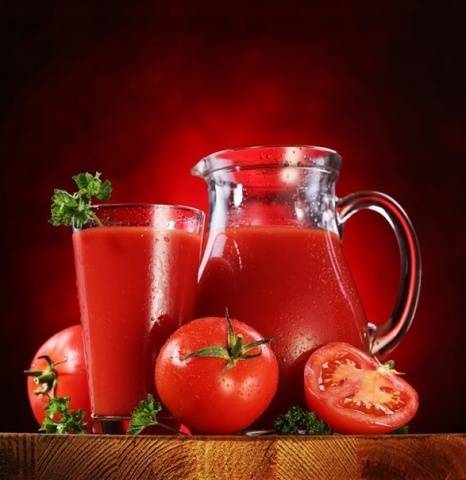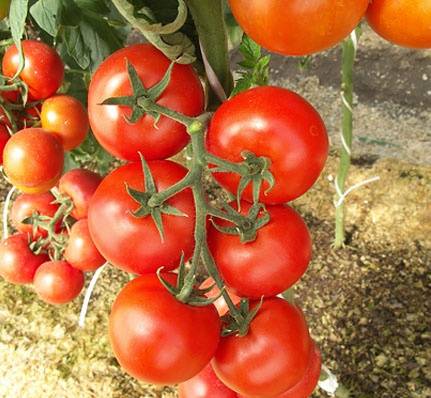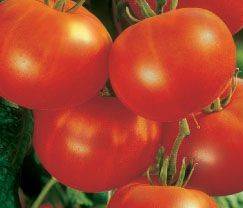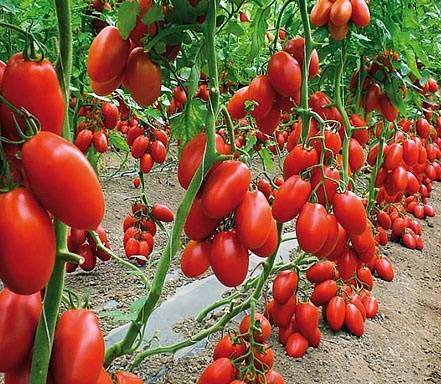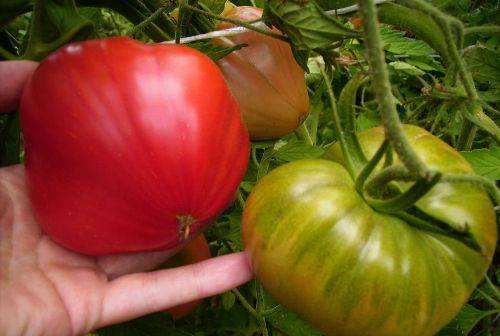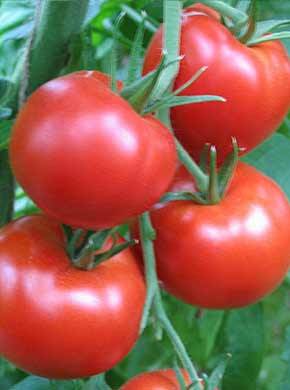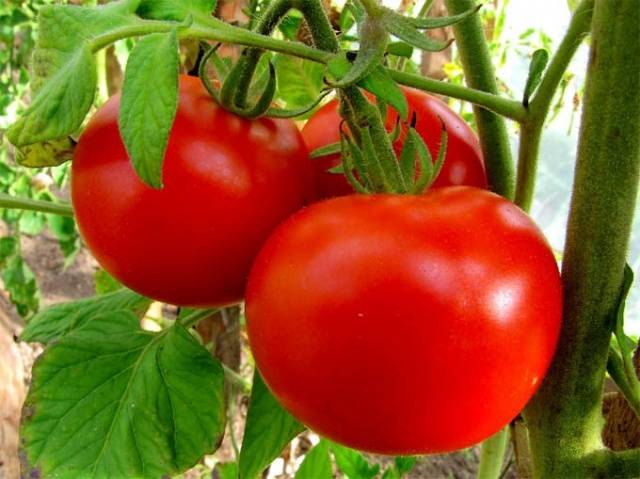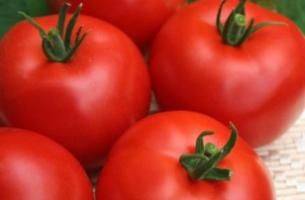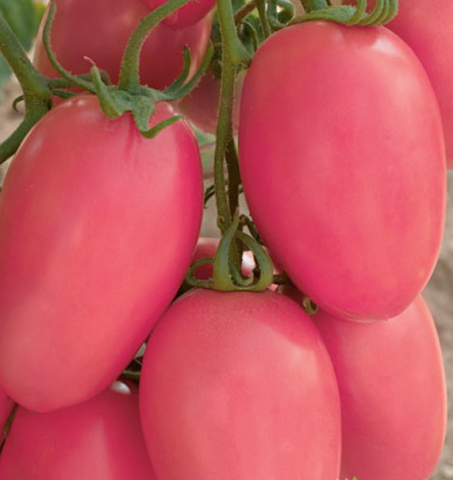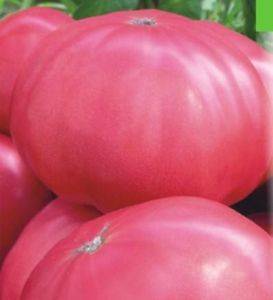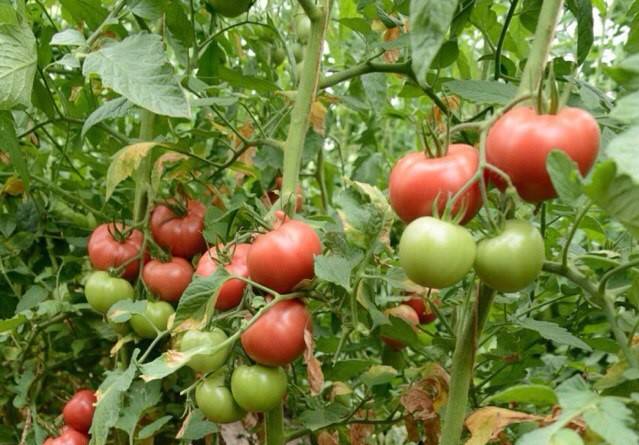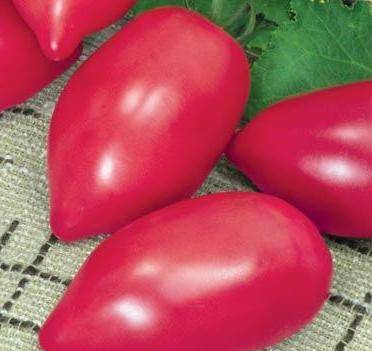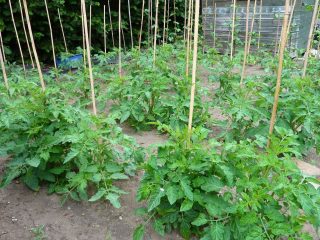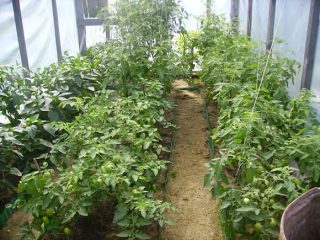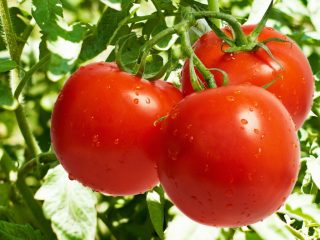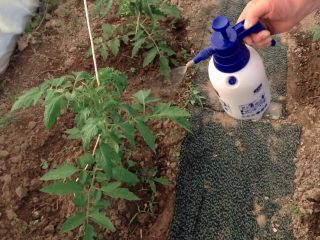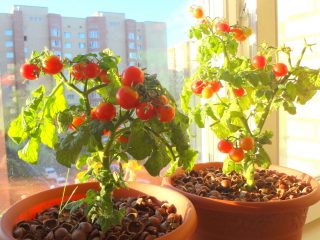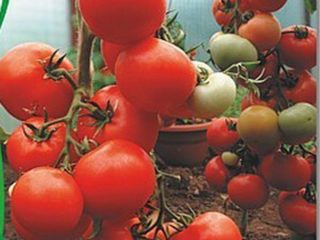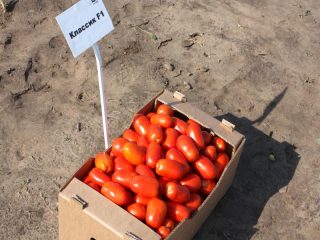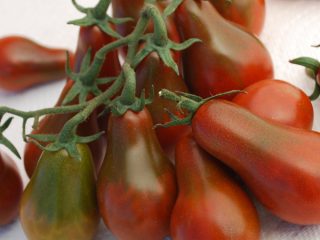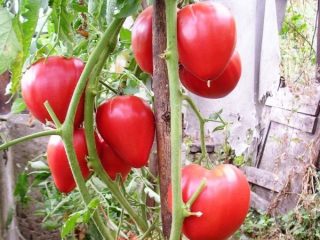Content
When preparing “homemade” juice from tomatoes, the choice of tomato variety depends on the preferences of the preparer. Some people like it sweetish, others a little sour. Some people like it thick with a lot of pulp, while others prefer “water.” For juice, you can use “rejection”: small and ugly tomatoes that will look bad in home canning, or, conversely, too large and non-standard. But a mandatory requirement when preparing juice is the degree of ripeness of the tomatoes.
The latter produce tasteless juice with no rich color.
If different varieties of tomatoes are planted on the site, you can try to combine them in different proportions, creating an “author’s” bouquet of taste, since each variety usually has its own aroma and taste.
For lovers of “liquid” juice, not too fleshy cherry varieties are very suitable; fans of “thick” juice can choose salad tomatoes. In this case, you must not overdo it with the “meatiness”. A tomato with “sugar” pulp is not able to produce much juice.
The best tomato varieties for juice
Greenhouse Miracle F1
Mid-season salad hybrid. As the name suggests, tomatoes are grown in protected soil. A powerful indeterminate bush grows up to almost 2 m. Up to 8 fruits are tied on the brush. Requires tying and pinching.
Tomatoes weighing up to 250 g. The shape is spherical, the color of tomatoes in a ripe state is bright red. The pulp is juicy, with excellent taste and aroma.
Heat-resistant, resistant to weather vagaries. Recommended for juices and salads.
Sumoist F1
Included in the State Register as recommended for household plots and small-scale farming. True to its name, the variety produces large fruits. The usual weight of a tomato is 300 g. It can reach up to 0.6 kg. The tomatoes are spherical, slightly ribbed, with juicy, tasty pulp. The color of the ripe fruit is red. Can collect up to 6.5 kg/m². Resistant to diseases.
Salad tomatoes with an average ripening period (115 days). Recommended not only for salads, but also for making juice.
Darling of fate
Quite a large-fruited determinate variety with tomatoes weighing up to 250 g. Early ripening. The bush grows up to 80 cm. Seedlings are planted two months before transplanting to a permanent place in the open air. One plant brings up to 2.5 kg. The average number of seedlings per square meter is 4 pcs.
The tomato pulp is tender and has a good taste. The color is red. Tomatoes are recommended for fresh consumption and culinary processing, including for juice production.
Bear Paw
A variety for those who are too lazy to bother with picking small tomatoes, but want to make juice. This is an indeterminate plant with fruits reaching 800 g, but usually the weight of a tomato is about 300 g. The bush is tall, up to 2 m in height. In the southern regions it can grow in open beds; in the north it requires protected soil.The growing season is 110 days. The name of the variety is given because of the original shape of the leaves, reminiscent of a bear's paw.
Tomatoes are tied in small tassels, up to 4 pcs. in each. Since the growth of the stem does not stop, the bush bears fruit throughout the season. One bush produces up to 30 kg of tomatoes. Plant 4 bushes per m². Thus, with good care, you can remove up to 120 kg per m².
Ripe fruits are red with fleshy, sugary pulp. The shape is slightly flattened. The taste is pleasant, sweet and sour.
The variety is drought-resistant, but responds gratefully to regular watering. It also requires potassium fertilizing 2-3 times per season. The disadvantages include the mandatory requirement of tying due to the height of the bush and the heaviness of the tomatoes.
When using ripe fruits, the juice is rich red in color.
Flamingo F1
Hybrid from Agrosemtoms. Mid-early hybrid, growing season 120 days. Belongs to the semi-determinate type, grows above 100 cm. It is distinguished by the atypical formation of the first inflorescence above the 8th leaf for determinate tomatoes. The number of brushes formed is average. Experienced gardeners recommend pinching the stem above the fifth cluster, although determinate plants usually do not require this. Resistant to diseases, fruits do not crack.
During the season, the bush produces up to 30 kg of tomatoes. Usually the first collection is 5 kg, subsequent ones are less.
The tomatoes are round, up to 10 cm in diameter, slightly flattened. Tomato weight 100 g. The pulp is fleshy with good taste. Universal purpose, well suited for making juice.
Volgogradsky
Under the name “Volgograd” there are two varieties of tomatoes that differ significantly from each other in terms of ripening and type of growth.When choosing seeds under this name, you need to pay attention to which variety you are buying.
5/95 (late ripening)
The variety is included in the State Register as recommended for cultivation in unprotected soil in regions 5, 6 and 8 of the Russian Federation. The variety is indeterminate with a ripening period of 4 months. Standard bush, medium leafy, up to 1 m high.
Round red tomatoes weigh on average 120 g. Tomatoes have good taste. Suitable for recycling tomato juice, pasta and fresh consumption.
Recommended for industrial cultivation. You can harvest up to 10 kg of tomatoes per m². Up to a quarter of the entire crop ripens within the first 15 days.
323 (early ripening)
The harvest can be harvested 3.5 months after sowing the seeds. The bush is determinate, low-growing. Can be grown in open and closed ground.
It produces stable yields, is unpretentious to growing conditions and weather vagaries, and is resistant to diseases. The fruits, weighing up to 100 g, have fleshy, sweet pulp. When ripe, the color of tomatoes is red. The shape is spherical with slight ribbing. From 1 m² you can get up to 7 kg of tomatoes.
The variety grows well in any soil, but prefers sandy loam or loam.
Some gardeners believe that it is best to use pink tomatoes for juice.
Newbie
Zoned in the Lower Volga region for cultivation in open ground. Mid-season, determinant. Another advantage of this variety is drought resistance.
The tomatoes are elongated and pink in color when ripe. Weight up to 120 grams. Productivity up to 6 kg per m².
Korneevsky Pink
Mid-season variety with high yield. A bush with unlimited stem growth, grows up to 2 m.Recommended for cultivation in all regions of Russia, but in the northern regions the variety can only be grown in greenhouses; in the southern regions it grows well in unprotected soil.
Ripens on the bush from 10 to 12 large tomatoes. The weight of one fruit exceeds half a kilogram. Up to 6 kg of tomatoes are obtained from the bush. Due to the significant weight of the fruit, the bush requires tying to a strong support.
Tomatoes in a ripe state are pink in color with juicy, moderately dense pulp. The taste of the tomato is sweet, there is no sourness. The variety is very suitable for making fresh juice.
Pobeda F1
Slightly leafy indeterminate hybrid with early ripening. The harvest ripens a month after two-month-old seedlings are planted in the ground. The plant is tall. The height of the bush exceeds 2 m. With good care, you can harvest up to 23 kg of tomatoes from one square meter.
Ripe pink tomatoes. The shape of the fruit is round, flattened at the poles. Weight up to 180 g. The pulp is dense, with excellent taste.
Pink flamingo
Unlike Flamingo F1, it is a variety, not a hybrid. Passed certification confirming its purity. The manufacturer is the Poisk company with a “spout” characteristic of the varieties of this company. Designed for cultivation in greenhouse conditions and open ground in the North Caucasus region, but according to consumer reviews it also shows good yields in Moldova, Ukraine, Belarus and the Central regions of the Russian Federation.
Being determinant, the bush can reach a height of 2 m. The variety is classified as mid-season. In good conditions, the crop ripens 95 days after planting the seedlings. The usual time for harvesting tomatoes is after 110 days. In temperate climates it bears fruit until October.
Form a bush with two stems.The disadvantages include the need for a garter and strong support.
The tomatoes are not aligned. Weight ranges from 150 to 450 grams. The first stage of the harvest is larger than the subsequent ones. The variety does not produce very small tomatoes. “Small” ones weigh up to 200 g. The pulp is juicy and of medium density, which makes it easier to process into juice.
There is no particular difference in productivity. Up to 3.5 kg of tomatoes are harvested per square meter.
Conclusion
The housewife decides which varieties of tomatoes to choose for juice, but the thickness of the juice will depend not only on the variety, but also on the diligence of the preparer. You will get liquid juice if you are not zealous when squeezing already cooked tomatoes. If you want to get thick juice, you will have to work hard, rubbing the boiled tomatoes through a very fine sieve, through which only the boiled pulp can pass. In this case, you need to wipe until almost dry skin and seeds remain in the sieve. Everything else should pass through the sieve holes.
You can watch the video for making juice at home:
